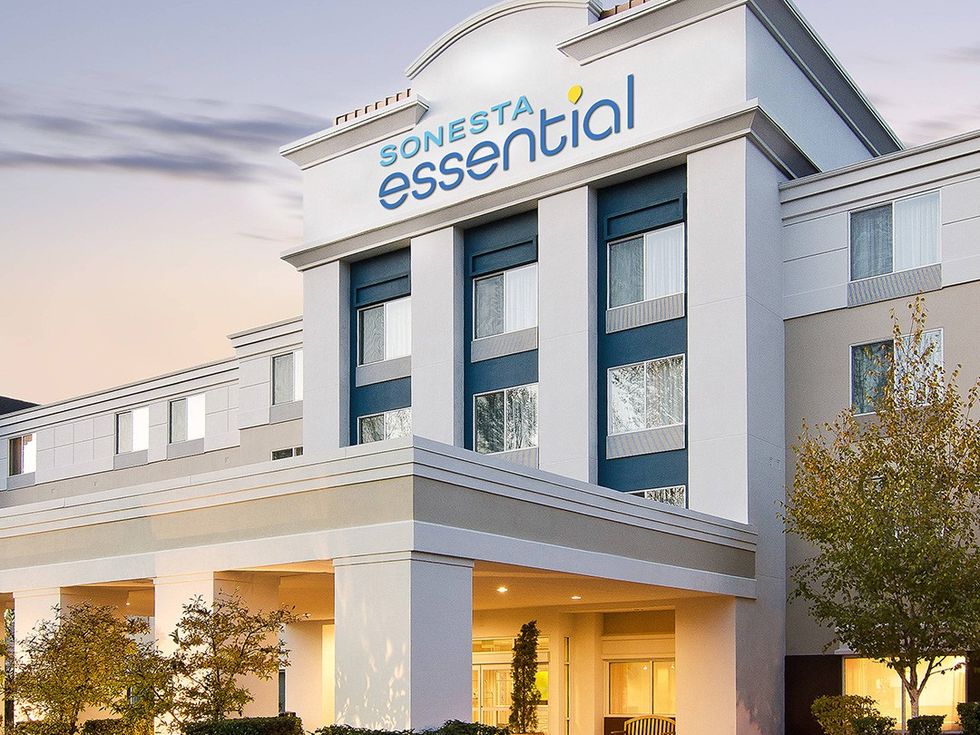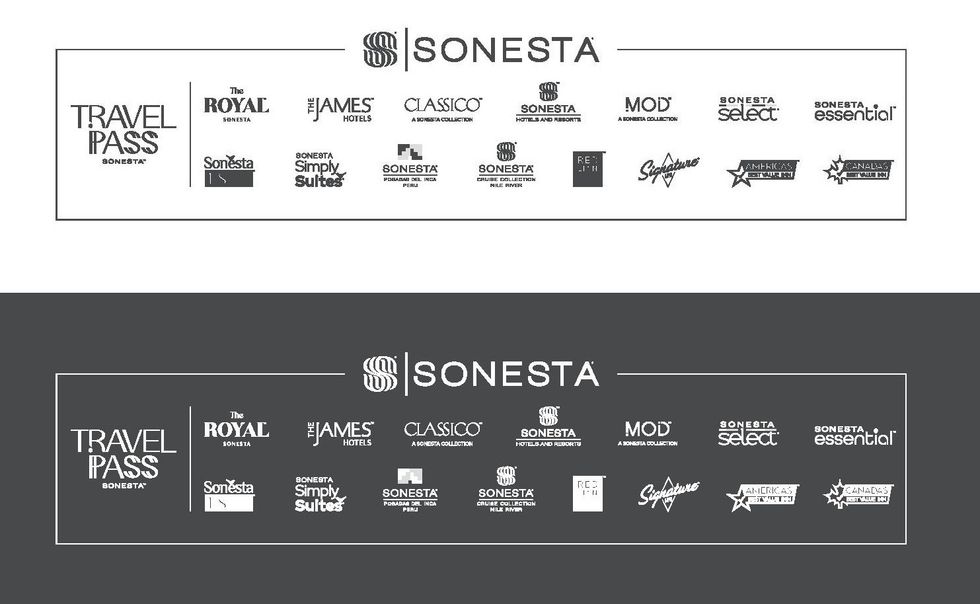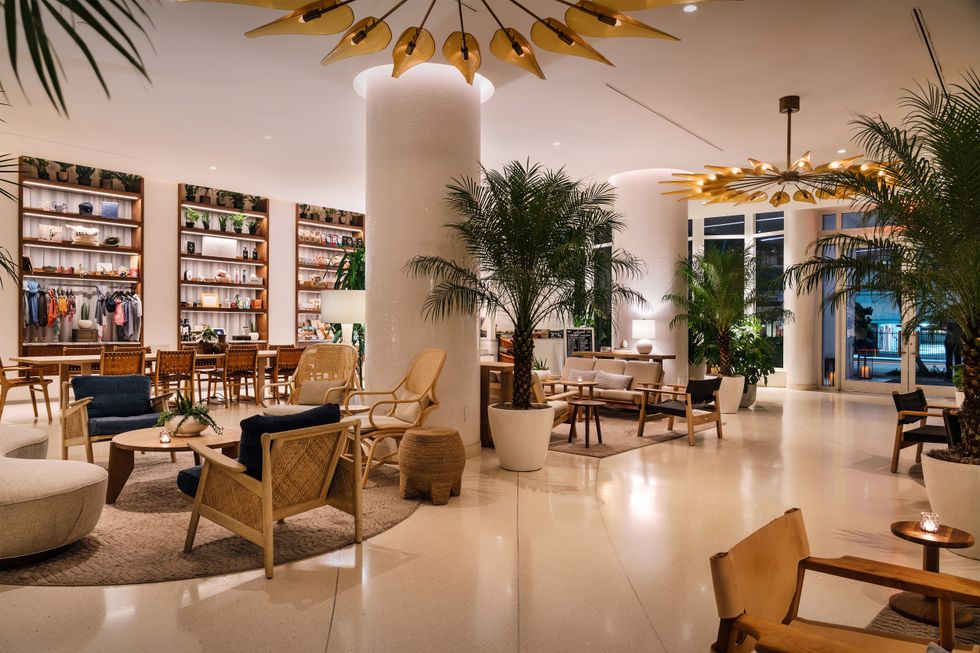Brian Quinn has a lot of enthusiasm for his job as Sonesta International Hotels Corp.’s chief development officer. In Asian Hospitality’s Leadership Series, he shares that enthusiasm for the company’s current growth and future plans as it prepares for its first global owners’ conference in Las Vegas.
The interview was held on the tradeshow floor of the 35th Annual AAHOA Convention & Trade Show in Orlando. Quinn also recently had his third anniversary of joining Sonesta, the latest turn in a long career in the hospitality business.
“I was lucky enough to get into the industry when I was 17 years old and did about 10 years in hotel operations in almost every job you can imagine in a hotel, bellman, doorman, housekeeping, food and beverage,” Quinn said. “I got an opportunity to move over into franchise operations and ultimately, the most recent 20 years in real estate and finance and franchising, so I’m excited to bring all that talent and skill to Sonesta.”
A lasting partnership
Quinn said 70 to 80 percent of Sonesta’s franchise community comes from the AAHOA community. He said the relationship is strong.

“What is really an interesting statistic is that in every segment of the business, upper upscale, upscale, midscale, extended stay economy, the AAHOA community continues to show strength and leadership and dominance,” Quinn said. “We're very proud of the partnership with AAHOA and we learned from the community and we are continuing to bring brands to the market that we believe will warrant their investment.”
AAHOACON24 proved to be a good source of new business. Sonesta had a boardroom embedded in its tradeshow booth.
“The reason why we have an office on the tradeshow booth is we expect to be signing new deals, working on existing contracts with our franchisees and working through any issues that our franchise bring to bear franchisees bring to bear,” Quinn said. “We have a large contingent of our franchise community here this year, so we're excited about that.”
Taking a strategic approach
Last year, signed 65 franchise agreements in 12 of its 17 brands. Quinn said that is the result of a focused development plan.
“I think we have taken a very strategic approach to target three different segments, the lifestyle/luxury segment, extended stay and premium economy,” Quinn said. “Why do we do that? Because that's where the consumer is. That's where the equity is. That's where the debt is willing to go. And those businesses have margins that create flow through for the owner. And when those two value propositions come together, that's when you have success.”
Two of Sonesta’s strongest brands are Essential, launched a little more than a year ago, and Americas Best Value Inn, which won the JD Power Associates Award, Quinn said. He said the company’s Simply Suites also fits Sonesta’s focus on the extended stay, mid-scale and premium economy segments.

“Those businesses drive incredible margins for the owner and it's where the consumer is in demand,” Quinn said. “I think we're tracking probably 10 to 15 openings in the Sonesta Essential and ABVI space, and we're tracking another 20 that are at different stages of the approval process. So my guess is that those two will continue to be our largest volume brands, but very quickly followed by Sonesta Simply Suites.”
Two becoming one
Quinn also discussed the current status of Sonesta’s integration with Red Lion Hotels Group, which it acquired three years ago. The process is mostly complete, he said.
“When you're integrating two big companies and a lot of brands, and our growth happened very quickly, I think the integration is something that never stops,” Quinn said. “The back-of-the-house work is, for the most part, complete; legal, finance, HR, those kinds of elements.”
The company would be able to discuss the public facing aspects of the integration at the conference at the end of May, Quinn said. There remains work to be done.
“Global sales is another area where we've had quite a bit of success in integrating the systems,” Quinn said. “But, this week, we have tested a lot of our technology, we're out in the marketplace with a more robust approach to our frequency program and our continued integration. We'll have more to say about that at our own conference in about 60 days.”
For now, Quinn said, there are no plans for another merger.

“I think we're always in the marketplace, always in the marketplace to look. I do think though, if you look at our roster of brands, I don't see where we've got a lot of gaps left to fill,” he said. “I think we're going to take a little bit of a different approach. We are going to make sure that our swim lanes are strong, that each of our brands stand for something.”
Looking up to the future
Quinn said Sonesta’s potential for the future is strong.
“We have $6 billion invested in our hotel company. We have 10,000 employees, we may be up against competitors that right now may have more dots on the map, but we have one of the largest investments in the hotel space, in the entire industry and that matters. That will make us a better franchiser and that drives alignment with the community like a return on investment, fit and a balanced approach to standards.”

Along with promoting its economy and midscale brands, Quinn said Sonesta’s lifestyle and luxury products, such as Royal Sonesta and Classico, will play an important role.
“That is where the consumer is. They want experiential, they want elevated F&B, they want an elevated design experience in the guest rooms,” Quinn said. “And, that's one place where inflation helps us. I've been in this industry for a long time, inflation helps us because we can drive rate, the consumer is willing to pay more for those products.”

















